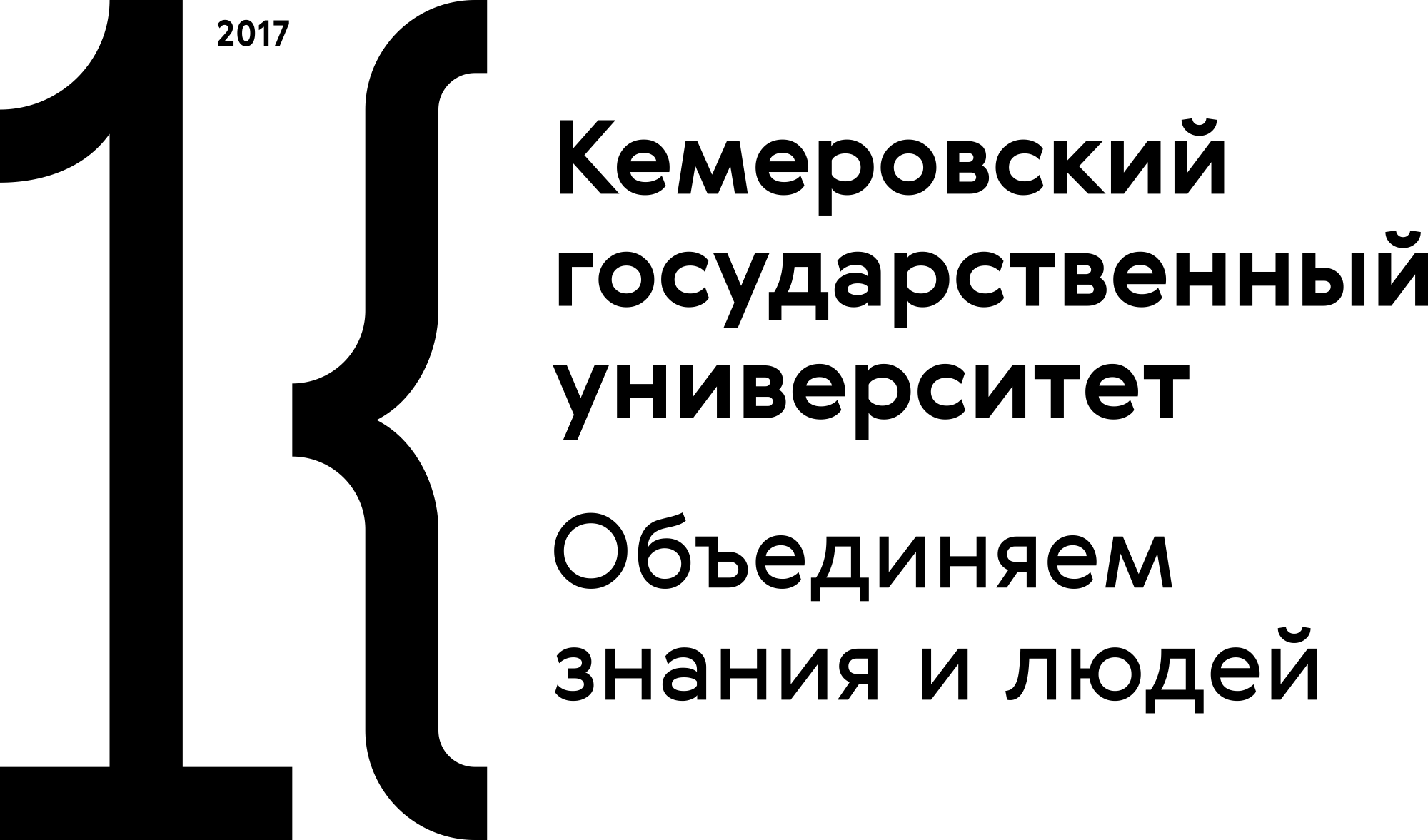Belgorod, Russian Federation
Migration processes are complex phenomena. They are consequences of international political movements and power redistribution, which makes it possible to study them in their geopolitical aspect. The article contains a detailed review of historical sociology, substantiated by geopolitical examples from Ancient Rome, Byzantium, Ottoman Empire, World Wars I and II, etc., against the post-Yugoslavian chronotope. The research was based on the methods of historical sociology, as well on the principle of unity of logic and history. The author drew analogies between the abovementioned historical events and the contemporary migration crisis in post-Yugoslavian countries in order to forecast its possible outcome and prevent a social collision. The paper focuses mostly on the case of the Republic of Serbia. Migration management should take into account that history repeats itself: if certain conditions always produce the same result, it is only logical to expect this result next time the same conditions occur. In sociology, this approach remains poorly represented, even though it can produce reliable and long-term solutions in migration management, unlike short-term and superficial ad hoc measures. Previous decisions have led to the ghettoization of migrants, which threatens to escalate into a social conflict. Therefore, achievements of historical sociology can offer a new approach to this problem.
migration processes, geopolitics of migration, historical analogies, military conflicts, national borders changes, the Balkans
1. Mitrović L., Todorović D. Sociologija i istorija. Hrestomatija iz istorijske sociologije. Niš: Prosveta, 2003, 309. (In Serb.)
2. Spengler O. Der Untergang des Abendlandes. Umrisse einer Morphologie der Weltgeschichte, tr. Svasian K. A. Moscow: Mysl, 1993, 668. (In Russ.)
3. Toynbee A. J. A study of history. Moscow: Direkt-Media, 2007, 1876. (In Russ.)
4. Elias N. The retreat of sociologists into the present. Theory, Culture and Society, 1987, 4(2-3): 223-247. DOI:https://doi.org/10.1177/026327687004002003
5. Abrams Ph. Historical sociology. Ithaca, N. Y.: Cornell University Press, 1982, 353.
6. Mills C. W. The sociological imagination. N. Y.: Oxford University Press, 1959. 236 p.
7. Gurevich A. Ia. Historical synthesis and the Annales School. Moscow: Indrik, 1993, 327. (In Russ.)
8. Smith D. Norbert Elias and André Breton: surrealism, shock and the civilizing process. Mitteleuropa denken: Intellektuelle, Identitäten und Ideen, eds. Pape W., Šhubrt J. Berlin, Boston: De Gruyter, 2019, 159-170. DOI:https://doi.org/10.1515/9783110536003
9. Bendix R. Max Weber. An intellectual portrait. N. Y.: Doubleday, 1960, 480.
10. Weber A. Kulturgeschichte als Kultursoziologie, Hg. Demm E. Marburg: Metropolis-Verlag, 1997, Bd. 1, 546.
11. Durkheim E. Sociology. Its subject, method, and purpose, tr. Gofman A. B. Moscow: Kanon, 1995, 349. (In Russ.)
12. Sorokin P. A. Social and cultural dynamics, tr. Sapov V. V. Moscow: Astrel, 2006, 1176. (In Russ.)
13. Carr E. H. What is history? Harmondsworth: Penguin, 2018, 208.
14. Jakšić B. Istorija i sociologija - istraživanje prošlosti i sadašnjosti. Sociologija, 1970, (2): 227-255.
15. Jakšić B. Historija i sociologija: uvodnu raspravu o jedinstvenom pristupu društvu i historiji. Zagreb: SNL, 1976, 149.
16. Popović M., Ranković M. Teorije i problemi društvenog razvoja. Beograd: BIGZ, 1981, 479.
17. Popper K. R. Prediction and prophecy in the social sciences. Gardiner P. Theories of history. N. Y.: Free Press, 1959, 276-285.
18. Popper K. R. The poverty of historicism. London: Routledge & K. Paul, 1960, 169.
19. Rešer N. Are the explanations in history specific? Gledišta, 1978, (9): 849-861. (In Bosn.)
20. Mann M. The sources of social power. Vol. 4: Globalizations, 1945-2011. Cambridge University Press, 2013, 492.
21. Goldthorpe J. H. The uses of history in sociology: reflections on some recent tendencies. The British Journal of Sociology, 1991, 42(2): 211-230. DOI:https://doi.org/10.2307/590368
22. Goldthorpe J. H. Rational action theory for sociology. The British Journal of Sociology, 1998, 49(2): 167-192. DOI:https://doi.org/10.2307/591308
23. Ekmečić M. The long movement between slaughter and plowing: the history of Serbs in the New Century (1492-1992), 5th ed. Belgrade: Evro Book, 2017, 606. (In Serb.)
24. Boјović B. I. Byzantium - Balkans - Europe: belonging and otherworldliness. Belgrade: Sluzhbeni glasnik, 2014, 434. (In Serb.)
25. Geography of Serbia, ed. Radovanović M. Belgrade: Geografski institut "Јovan Tsviјiћ" SANU, 2017, book 91, 870. (In Serb.)
26. Vukčević N. B. A descriptive analysis of the religion factor in relations of migrants to a new environment. Research Result. Sociology and management, 2019, 5(4): 84-90. (In Russ.) DOI:https://doi.org/10.18413/2408-9338-2019-5-4-0-3
27. Tanasković D. Neo-Ottomanism: doctrine and foreign policy practice. Belgrade: Sluzhbeni glasnik Republike Srpske, 2010, 109. (In Serb.)
28. Huntington S. The clash of civilizations and the remaking of world order, trs. Velimeev T., Novikov Iu. Moscow: AST; St. Petersburg: Terra fantastica, 2003, 603. (In Russ.)
29. Wenzel M. Bosnian style on tombstones and metal. Sarajevo: Sarajevo Publishing, 1999, 312. (In Serb.)

















